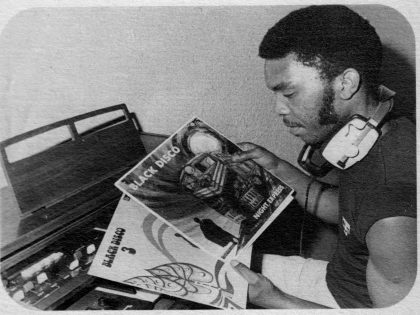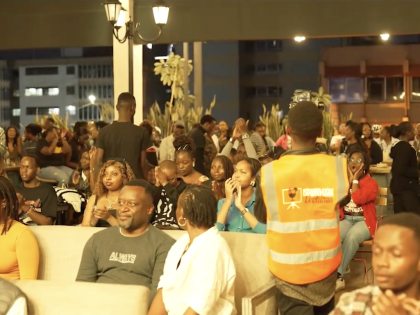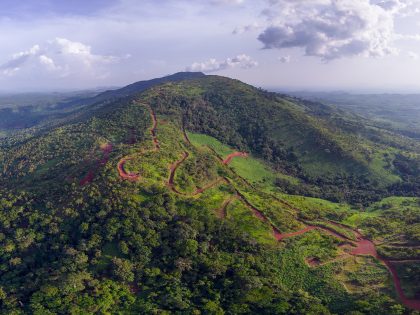Reality TV

The practice of renting out Cape Town’s “scenery” and its cheaper film crews can have its misunderstandings. Take “Safe House,” the new “action thriller” starring Denzel Washington and Ryan Reynolds, that’s really set in South America. I can only imagine the cliches about South America for which South Africa stands in here. Anyway it sounds more like “Training Day”:
A movie starring Denzel Washington was a little too thrilling for a Cape Town neighbourhood that has experienced gang violence.
Callers to talk radio said they feared gang fights had returned to the township when they heard the sounds of automatic gunfire overnight.
Denis Lillie, head of the Cape Film Commission, said today the producers had been authorised to film a sequence involving car chases and the firing of blanks, and had informed residents in the immediate neighbourhood. But he says the sound carried further than expected.
Lillie says the Cape Town community is getting “used to the fact that people want to film here”. The movie, Safe House, is described as a crime thriller.–SAPA.



















